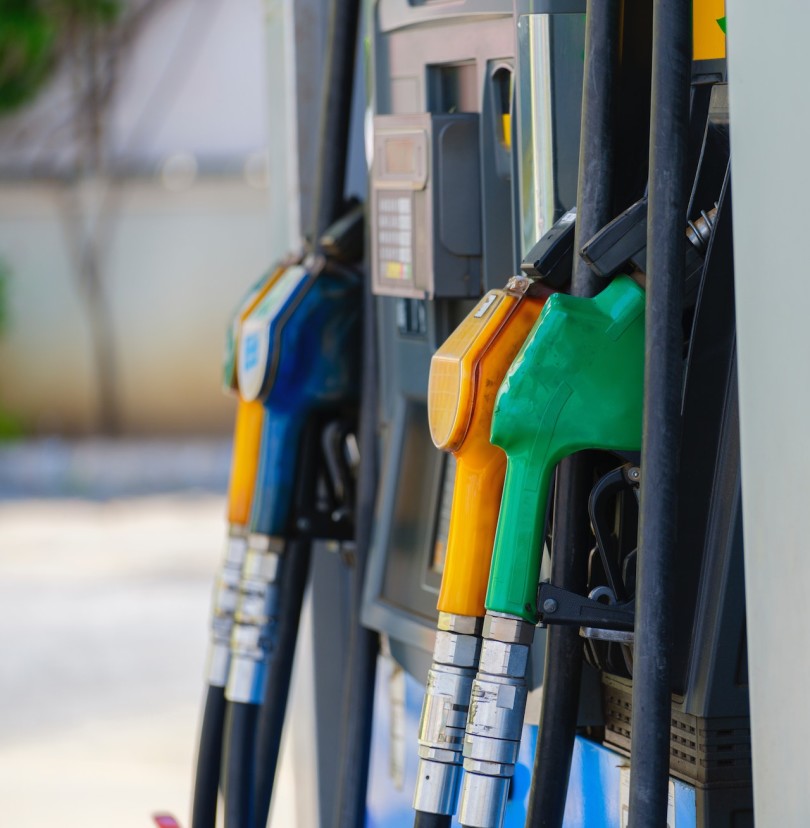22 Apr 24
Lab ChatLabworx
The Global News Source for the World of Science and Chemicals
Who controls FUEL PRICES in the UAE?
09 January 2023
Chem Chat
In anticipation of the first public offering of the Abu Dhabi National Oil Company (ADNOC)’s Distribution arm on the stock market this month, the company have published information about how they regulate their fuel prices in the country. Since August 2015, prices have been set afresh each month according to recommendations made by the Retail Pricing Committee.
This Committee, which is chaired by the Emirati Ministry of Energy, publishes a set of Retail Pricing Regulations at the end of every month. These Regulations are linked to benchmarks devised by S&P Global Platts, a leading provider of energy and commodities value information, and contain a margin for overhead costs faced by retailers.
Following Platts’ example
Platts has more than a century of experience in compiling information about the pricing of commodities such as oil all over the world, so they know a thing or two about the industry. Their benchmarks are generally linked to the most liquid markets for each fuel feedstock; for diesel, that happens to be north-western Europe most of the time, while Singaporean prices influence the rest of the world for gasoline.
Those benchmarks are used as a starting point for settling upon prices, both in regional marketplaces and for B2B commercial contracts. In the UAE, the Retail Pricing Committee makes allowances for the overheads incurred by retailers, such as transportation, storage and operational costs. This margin is then added to the benchmark and the new price is published.
Strictly regulated
As such, the price of fuel in the UAE is strictly regulated and is not subject to the whims of individual entities, even those as powerful as ADNOC. Indeed, if ADNOC Distribution finds that it has paid more than expected for the acquisition and handling of its product, it will only be able to pass on those costs to its consumers if it receives explicit permission from the Retail Pricing Committee.
It is this robust system of balances and checks which has created stability in the fuel sector in the UAE since its implementation in 2015. With ADNOC Distribution set to go public on the stock market this month, it has chosen to be transparent about its pricing structure in order to foster trust among its potential investor base.
The evolution of fuel prices
It’s interesting to examine how fuel prices have fluctuated since the introduction of the current system. In August 2015, when it was first adopted, diesel was actually the cheapest fuel option in the country, retailing at just over 2 dirhams a litre. Super 98, by contrast, was the most expensive, at around 2.25 dirhams per litre.
Fast forward seven years and those prices have risen sharply. Diesel is now the most expensive option on the table, retailing at 3.74 dirhams per litre. A litre of Super 98, by contrast, costs 3.30 today. On the whole, however, strangled supply and ballooning demand have led to surging fuel prices in the UAE and beyond. All prices are correct as of 7th December 2022.
DOWNLOAD PDF

2 Day Seminar Program
@ ArabLab+ 2024
24 & 25 September 2024
Your stay in Dubai
Labkit
Product News
Chemkit
Product News
Thinking about exhibiting at ARABLAB 2024? Watch our video to find out more.
Join the world’s leading organisations…
Get in touch and stay in touch…
Join our mailing list and receive the ARABLAB newsletter and event updates.





















